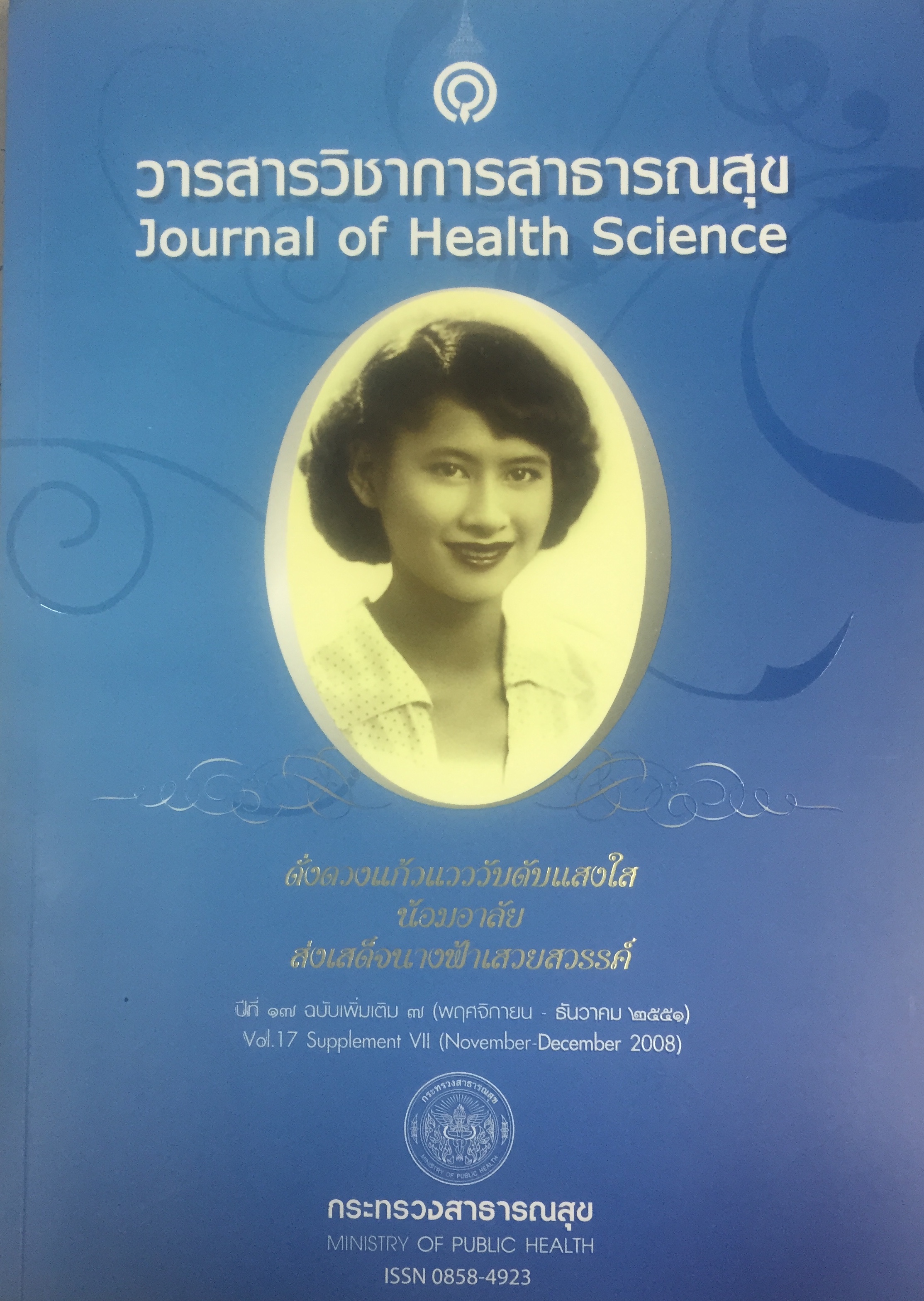Impact of Becoming Member of ASEAN on Thai Drug Industry
Keywords:
ASEAN, drugs industry, impact assessment frameworkAbstract
Economic regionalization has become more practical, attractive and adopted by economies concerned, for example, EU, (European Union), Mercusor (South America Countries), GCC (Gulf-countries Co-operation) including ASEAN, a leading market for Thai drug exports in terms of value. However, the regionalization can inevitably be of advantage or disadvantage for industry. Therefore, impact assessment framework is valuable in order to analyse and establish suitable remedial or adjustment policies and measures if need be.
The impact assessment framework proposed differed from GTAP Model. The study was designed as qualitative research using interview data and documentary research. The framework proposed relevant data for the purpose of the analysis, identified three main groups of stakeholders with items for short and long term impact assessment.
The GTAP model focuses mainly on tax variation, and thus has limitation for analysis on issues like pharmaceutical industry which need to take into consideration public health security issues in addition to mere revenue generation analysis. However, the proposed model is in an initial stage and requires further validation and development.
Downloads
Downloads
Published
How to Cite
Issue
Section
License
Copyright (c) 2018 Journal of Health Science

This work is licensed under a Creative Commons Attribution-NonCommercial-NoDerivatives 4.0 International License.







